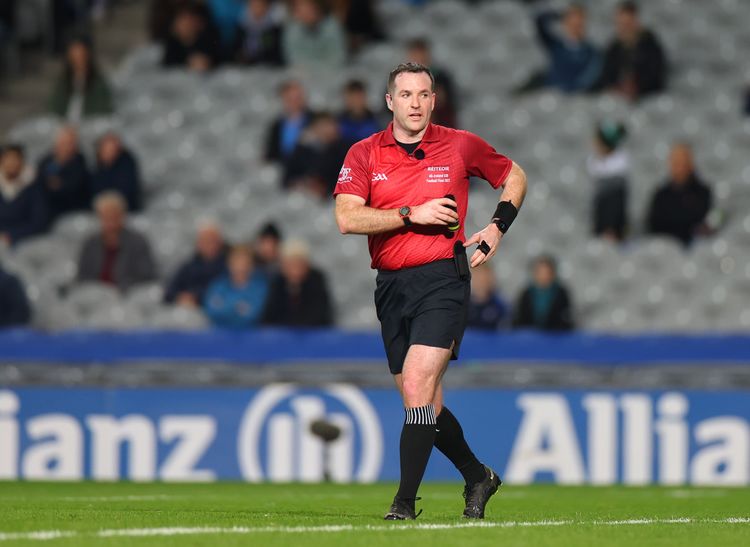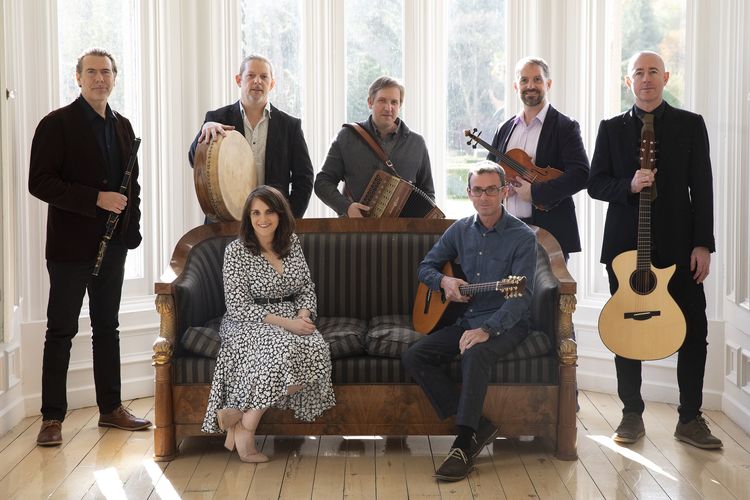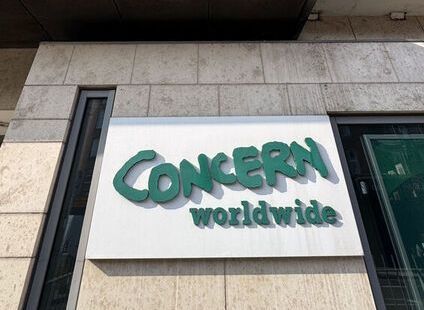By Peter McDermott
The Rev. James Martin was being interviewed by telephone last week when he heard a huge noise. “It sounded like thunder,” he recalled of the evening that Hurricane Sandy struck. It was the beginning of one of the side dramas of the larger story: parts of a crane beside Carnegie Hall had come loose.
From his top-floor room at the Society of Jesus’ West 56th Street building, the block behind, Martin kept followers on Twitter – he has more than 13,000 – informed of developments. “Not permitted by police to leave our building in Midtown due to downed crane, flying debris and insane wind,” read one of the tweets from the prolific, best-selling author, most recently of “Between Heaven and Mirth.”
“Lights flickering. Crazy wind, which sounds like surf as it rushes through buildings. Sirens. Water downtown. Venice on the Hudson,” he wrote in another.
“We’re luckier than many people in that we still have electricity,” he told the Echo last Friday from a 9-floor building that was still cordoned off because of a dangling crane boom.
Martin, the culture editor at the Jesuits’ weekly America, had continued with a steady stream of tweets and blogs from his Midtown base. When, on the day before Sandy hit, he posted a “Hurricane Prayer to the Lord of the wind and the waves,” author Katha Pollit asked via Twitter: “Do you really believe God causes the weather? And that praying will make him change it?”
Martin told the Echo: “From the outset, we should say we can’t give a satisfactory answer.” That generally had been his theme throughout the week. As to prayer, he said: “Humans can’t not pray to God when in need.”
The wonders of technology also meant that he could participate in a discussion on HuffPost Live while sitting at his computer. The other panelists were an atheist, a rabbi, a “Christian agnostic,” an evangelical Christian and a Muslim – the last two of them women. Whereas the evangelical and the rabbi, in particular, were intent on giving definitive explanations of God’s part, of lack thereof, in events such as hurricanes, the Jesuit’s position was: we simply don’t know, and the saints and great theologians have never been able to resolve these questions. Earlier in the week, he told Pollit that he didn’t think he could “solve the mystery of suffering on Twitter.”
Martin said on HuffPost Live that he didn’t believe that events like Hurricane Sandy were sent either to test or to punish human beings. “But for Christians, there is Jesus who suffered as we do,” he told the Echo, taking up another point he raised on the show. “And who, because He entered into human experience, understands suffering.”
With news of an electoral endorsement that cited climate change, the subject was very much in the news. Martin said Catholics hold a range of views on it. He said, however, that he agrees with the science: “It makes perfect sense that our actions are contributing to extreme weather events. It’s pretty clear if you take the long view that things are changing.”
He added: “Pope Benedict has been pretty strong on this stuff.”
And as someone who has lived 51 years and almost all of them in the Northeast, the Jesuit said, it’s obvious that the weather has been “out of whack for the past 10 years.” As to Hurricane Sandy, specifically, Fr. Martin said: “It’s a wake-up call."









